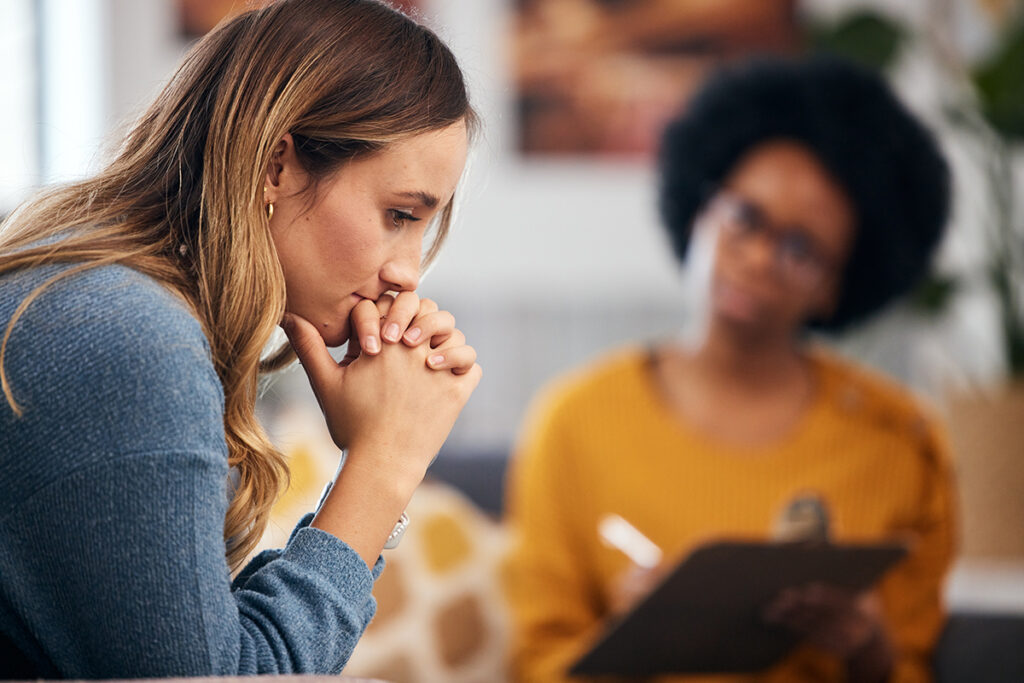Anxiety is a common mental health condition that can interfere with daily life, causing excessive worry, fear, and physical symptoms like rapid heartbeat and sweating. Fortunately, therapy for anxiety is one of the most effective ways to manage and reduce anxiety. Here are some of the most widely used therapeutic approaches:
1. Cognitive Behavioral Therapy (CBT)
CBT is the gold standard for anxiety treatment. It helps individuals identify and change negative thought patterns and behaviors that contribute to anxiety. Techniques include:
- Cognitive Restructuring – Challenging irrational thoughts.
- Exposure Therapy – Gradually facing fears in a controlled way.
- Behavioral Activation – Engaging in positive activities to reduce avoidance.
2. Exposure Therapy
A subset of CBT, exposure therapy is particularly helpful for phobias, OCD, and PTSD. It involves:
- Systematic Desensitization – Slowly confronting anxiety triggers while practicing relaxation techniques.
- Flooding – Immediate exposure to the fear source (under professional guidance).
3. Acceptance and Commitment Therapy (ACT)
ACT teaches mindfulness and acceptance strategies to cope with anxiety rather than eliminate it. Key components include:
- Mindfulness Exercises – Staying present without judgment.
- Values Clarification – Focusing on meaningful life goals despite anxiety.
4. Dialectical Behavior Therapy (DBT)
Originally for borderline personality disorder, DBT is also effective for anxiety. It emphasizes:
- Emotion Regulation – Managing intense emotions.
- Distress Tolerance – Coping with anxiety without harmful behaviors.
5. Psychodynamic Therapy
This approach explores unconscious thoughts and past experiences that may contribute to anxiety. It helps by:
- Increasing self-awareness.
- Resolving unresolved emotional conflicts.
6. Mindfulness-Based Therapies
Mindfulness techniques help individuals stay grounded in the present moment, reducing anxiety symptoms. Practices include:
- Meditation & Breathing Exercises
- Body Scan Techniques
7. Group Therapy
Sharing experiences with others facing similar challenges can reduce isolation and provide support.
Which Therapy is Right for You?
The best therapy depends on your specific anxiety type, severity, and personal preferences. A licensed therapist can help determine the most effective approach.
Additional Support
- Medication (if recommended by a psychiatrist).
- Lifestyle Changes (exercise, sleep, diet).
- Self-Help Strategies (journaling, relaxation techniques).
If anxiety is affecting your life, seeking therapy can be a powerful step toward recovery. Reach out to a mental health professional to explore your options.

